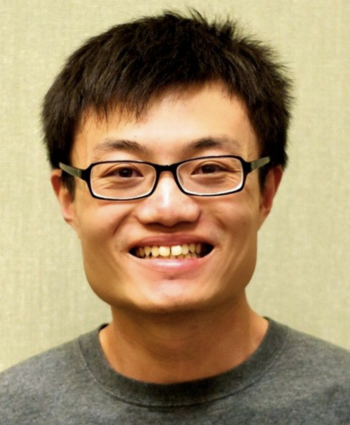1984 or the Brave New World? Evidence from China
Thursday, February 9, 201712:00 PM - 1:30 PM (Pacific)
Abstract:
Media censorship is considered as the hallmark of authoritarian regimes. Why don’t citizens acquire uncensored info despite the low cost availability? What does it take to expose citizens to uncensored information, and how does exposure affect their beliefs, attitudes, and behaviors? We conduct a field experiment directly varying the supply of uncensored information (by providing free access to uncensored internet to university students in China), and students’ demand for information (by providing informational and monetary incentives) over the course of 18 months. We measure and trace students’ media consumption, beliefs and attitudes regarding media, as well as a broad range of economic and political attitudes and behaviors. We find that censorship successfully prevents information consumption due to the combination of restricted supply of and low demand for uncensored information. The low demand is primarily driven by students’ skeptical beliefs regarding uncensored media outlets, and such beliefs can be persistently changed after a period of exposure. Having exposed to uncensored information makes students more knowledgeable, more pessimistic of the Chinese economy, more critical of the government, and more likely to plan on leaving China in the near future.
Speaker Bio:

